Cinéma vérité celebrating Les Ballets Trockadero de Monte Carlo, a drag ballet company founded in the wake of the Stonewall Riots.
Related Movies
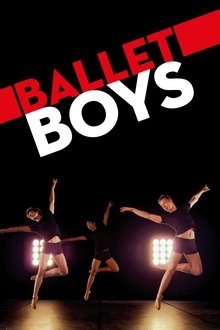
Ballet Boys (2014)
Ballet Boys takes you through disappointments, victories, forging of friendship, first loves, doubt, faith, growing apart from each other, finding your own way and own ambitions, all mixed with the beautiful expression of ballet.
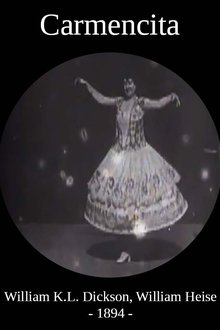
Carmencita (1894)
The first woman to appear in front of an Edison motion picture camera and possibly the first woman to appear in a motion picture within the United States. In the film, Carmencita is recorded going through a routine she had been performing at Koster & Bial's in New York since February 1890.
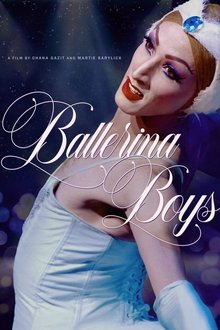
Ballerina Boys (2021)
Discover Les Ballets Trockadero de Monte Carlo (The Trocks), an all-male company that for 45 years has offered audiences their passion for ballet classics mixed with exuberant comedy. With every step they poke fun at their strictly gendered art form.
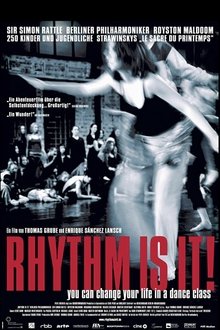
Rhythm is it! (2004)
RHYTHM IS IT! records the first big educational project of the Berlin Philharmonic Orchestra under Sir Simon Rattle. The orchestra ventured out of the ivory tower of high culture into boroughs of low life for the sake of 250 youngsters. They had been strangers to classical music, but after arduous but thrilling preparation they danced to Stravinsky's 'Le Sacre du Printemps' ('The Rite of Spring'). Recorded with a breathtaking fidelity of sound, this film from Thomas Grube and Enrique Sánchez Lansch documents the stages of the Sacre project and offers deep insights into the rehearsals of the Berlin Philharmonic Orchestra.
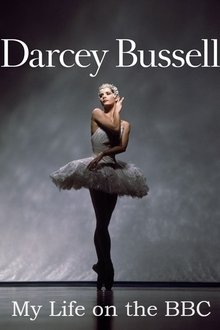
Darcey Bussell: My Life on the BBC (2016)
The former principal ballerina tells her story, with historic performances from the BBC archives and candid interviews from throughout her career. Showing how she grew up in front of the camera and mastered television.
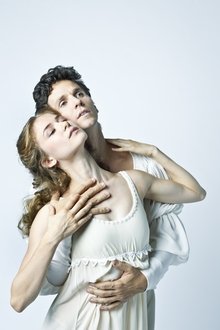
Romeos & Juliets (2012)
From grueling rehearsals to the world premiere, Romeos & Juliets offers an unprecedented behind-the-curtain look at the National Ballet of Canada as ten dancers vie to perform the lead roles on the coveted opening night of "Romeo and Juliet," as envisioned by acclaimed choreographer Alexei Ratmansky in celebration of the company's 60th anniversary.
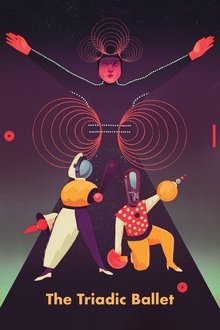
The Triadic Ballet (1970)
A film in three parts after Oskar Schlemmer's Triadische Ballett (Triadic Ballet).
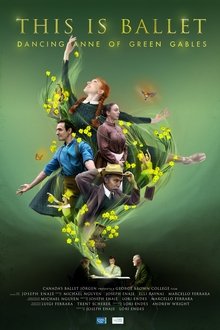
This is Ballet: Dancing Anne of Green Gables (2021)
Facing financial challenges and constant risks of injury, an innovative ballet company strives to bring the iconic Canadian story of Anne of Green Gables to new diverse audiences.
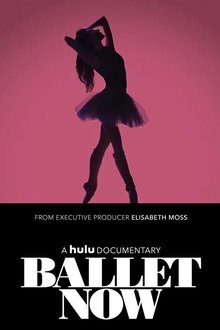
Ballet Now (2018)
Three days leading up to Tiler Peck's direction and performance of a ballet exhibition in Los Angeles.
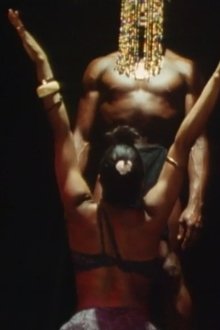
Ballet Black (1986)
Stephen Dwoskin brings together members of the Ballet Negres dance company, founded in London in 1946.

Christmas Oratorio (2012)
This recording of all six cantatas from the Salle Henry Le Bœuf in the Palais des Beaux-Arts in Brussels, Belgium, in December 2012 features internationally renowned Bach expert Philippe Herreweghe and the Collegium Vocale Gent.
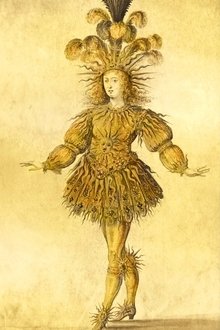
The King Who Invented Ballet (2015)
September 2015 marks the 300th anniversary of the death of King Louis XIV of France and this documentary looks at how Louis XIV not only had a personal passion and talent for dance, but supported and promoted key innovations, like the invention of dance notation and the founding of the world's first ballet school, that would lay the foundations for classical ballet to develop.

Men at the Barre - Inside the Royal Ballet (2020)
Is there still a stigma for boys who want to enter ballet? Film-maker Richard Macer investigates the reality of being a male dancer today at the Royal Ballet.
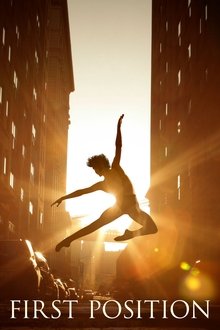
First Position (2011)
A documentary that follows six young dancers from around the world as they prepare for the Youth America Grand Prix, one of the most prestigious ballet competitions in the world.

5 (five) (2008)
The attempt to accompany the creative process (with the inevitable difficulties and silences) of five women-dancers-choreographers, in their experience of creating a work of dance theater.
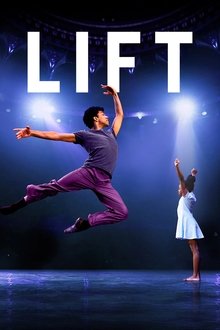
LIFT (2023)
Lift shines a spotlight on the invisible story of homelessness in America through the eyes of a group of young homeless and home-insecure ballet dancers in New York City and the mentor that inspires them.
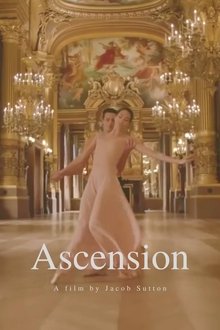
Ascension (2015)
In Jacob Sutton’s film “Ascension”, two young dancers soar up from the darkness beneath the stage at Bastille to the sumptuous Grand Foyer and eventually to the rooftop of the Palais Garnier, where they experience moments of heavenly, dreamlike luminosity.
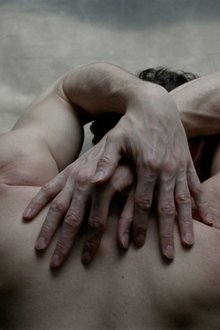
KARO (2018)
Karolina Kuras is a Toronto-based ballet and portrait photographer. In this piece, we explore her creative collaboration with Canadian National Ballet dancer/choreographer Brent Parolin and Tanya Howard, as well as make-up artist Ashley Readings. We wanted to encapsulate the essence rather than the information. There are many pieces where Karolina is featured as a photographer discussing her work, but we wanted to get underneath the surface, into the intangible matters that drive and inspire her to create and collaborate so intimately. This project was captured on 35mm film, with a small crew in Karolina’s home studio.

The Joffrey Ballet: Billboards - Music By Prince (1994)
Billboards is a ballet created by the Joffrey Ballet featuring the works of Prince. The premiere was on Wednesday, January 27, 1993, at Hancher Auditorium, University of Iowa, Iowa City. No new music was used, although Prince contributed a special extended ten minute orchestrated version of "Thunder" from the Diamonds and Pearls album. A video of the performance was released on VHS in February 1994, and on Laserdisc format.